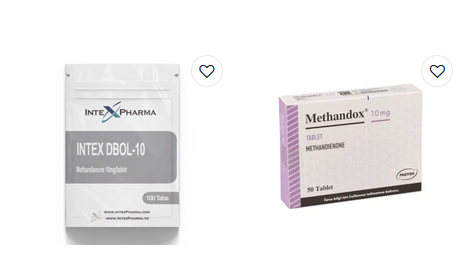Introduction:
Hormone replacement therapy (HRT) is a medical treatment that aims to regulate hormone levels in individuals dealing with a range of hormone-related conditions or exploring gender transition. Dr Wayne Lajewski sheds light on the intricacies of HRT, its eligibility criteria, hormone options, and alternative considerations, providing valuable insights for those considering hormone treatment.
Unraveling Hormone Therapy:
HRT, administered By experts like Dr Wayne Lajewski, involves the regulation of hormone levels. It is commonly used to address issues related to menstruation or facilitate gender transition. It’s important to understand that HRT is not a one-size-fits-all solution for all hormone-related concerns but rather a tool to effectively manage hormone levels.
Determining Eligibility:
Eligibility for hormone treatment is determined By several factors, including:
A confirmed diagnosis of gender dysphoria that aligns with the criteria for hormonal intervention.
The ability to provide informed consent, fully comprehending the benefits and potential risks associated with hormone therapy.
For those pursuing gender transition, a requirement to have lived in their preferred gender role for at least 12 months, unless urgent medical necessity dictates otherwise.
The Hormone Arsenal:
Hormone replacement therapy incorporates hormones such as estrogen, progesterone, and testosterone. For individuals with gender dysphoria, estrogen plays a pivotal role in feminizing hormone therapy, while testosterone is essential for masculinizing hormone therapy, promoting the development of secondary male characteristics.
Motivations for Hormone Therapy:
Hormone therapy serves various motivations, including its effectiveness in alleviating menopausal symptoms. Common issues like hot flashes, night sweats, sleep disturbances, and mood fluctuations can find relief through this treatment. Additionally, hormone therapy can rekindle libido and enhance overall well-being.
For those navigating menopause or undergoing surgical removal of ovaries (oophorectomy), hormone replacement therapy becomes a vital option. By replenishing hormones that naturally decline during these phases, HRT contributes to a smoother transition.
Exploring Alternatives:
While hormone therapy is a prevalent option, it’s essential not to overlook alternatives. Non-hormonal therapies, lifestyle adjustments, and supportive care hold promise in managing symptoms effectively. Consulting healthcare professionals, such as Dr. Wayne Lajewski, can help individuals discern the most suitable path forward based on their unique circumstances.
The Path Ahead:
In conclusion, hormone replacement therapy emerges as a valuable tool for addressing hormone-related conditions and facilitating gender transition. However, eligibility criteria and informed consent form the foundation of this journey. Seeking guidance from healthcare experts like Dr Wayne Lajewski ensures tailored care and the ability to make an informed choice in the pursuit of improved health and well-being.



